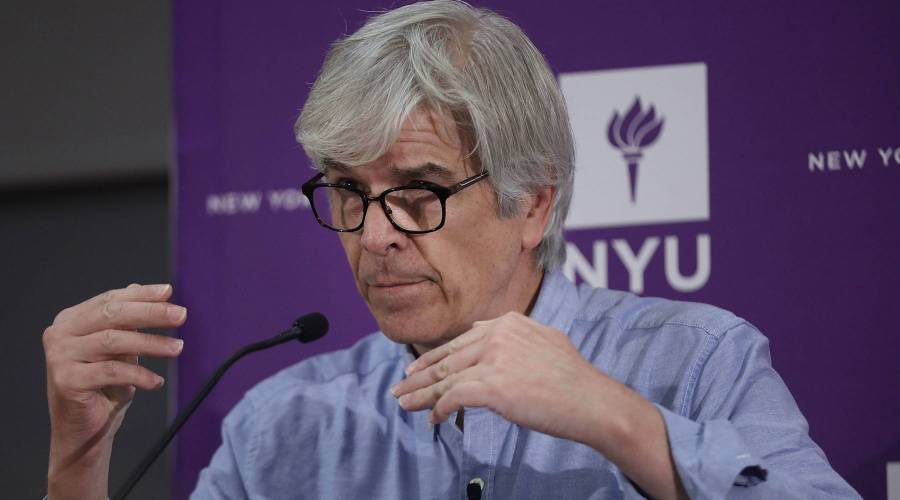Let a Nobel Prize winner explain the concept of "conditional optimism"

(U.S. Edition) With midterm elections approaching, healthcare stands as one of the top concerns for Americans. President Trump is proposing a huge change in how the government will pay for high-cost drugs for seniors, claiming that it can lower prices by as much as 30 percent. Then, we talk about ideas with a person who actually showed how ideas can be tangible, quantifiable things that can be put into calculations to show how ideas can actually boost the economy and help the environment. That person is Paul Romer, an economist at New York University's Stern School of Business. He's also one of two winners of the Nobel Prize in Economic Sciences. Today’s show is sponsored by GAIN Capital Group (gaincapital.com), LinkedIn (linkedin.com) and Selligent (selligent.com). (10/26/2018)
(U.S. Edition) With midterm elections approaching, healthcare stands as one of the top concerns for Americans. President Trump is proposing a huge change in how the government will pay for high-cost drugs for seniors, claiming that it can lower prices by as much as 30 percent. Then, we talk about ideas with a person who actually showed how ideas can be tangible, quantifiable things that can be put into calculations to show how ideas can actually boost the economy and help the environment. That person is Paul Romer, an economist at New York University’s Stern School of Business. He’s also one of two winners of the Nobel Prize in Economic Sciences. Today’s show is sponsored by GAIN Capital Group (gaincapital.com), LinkedIn (linkedin.com) and Selligent (selligent.com). (10/26/2018)


















